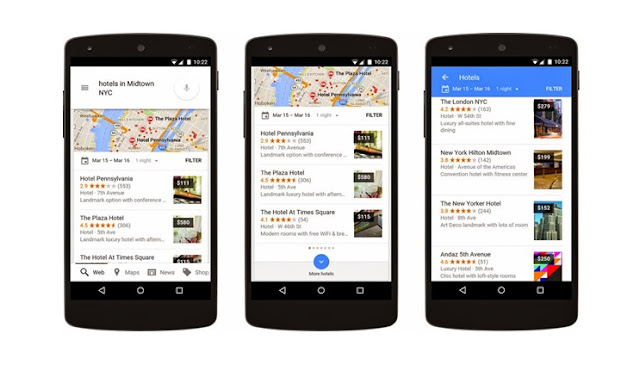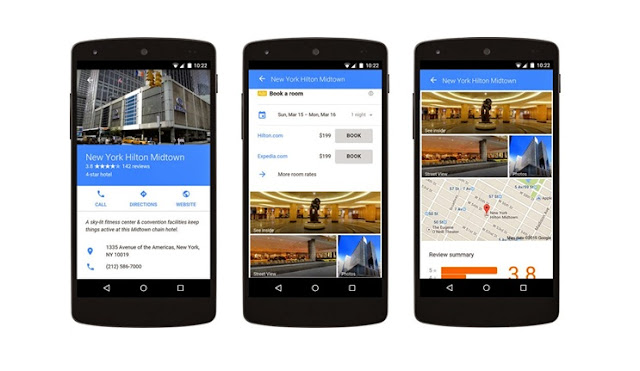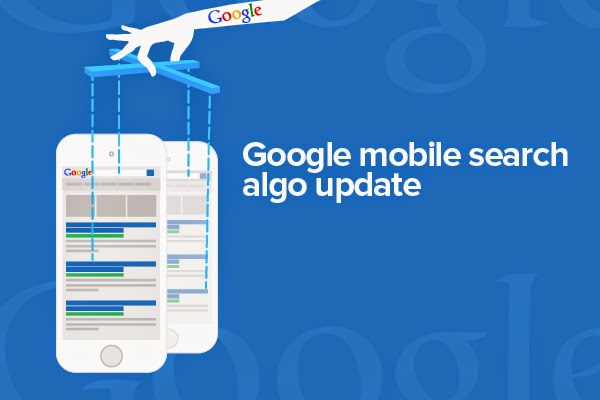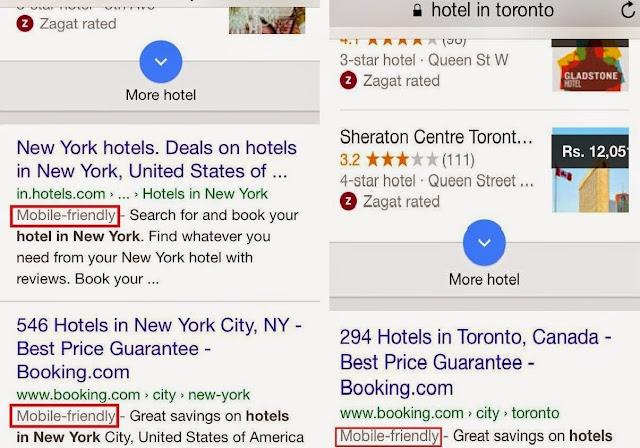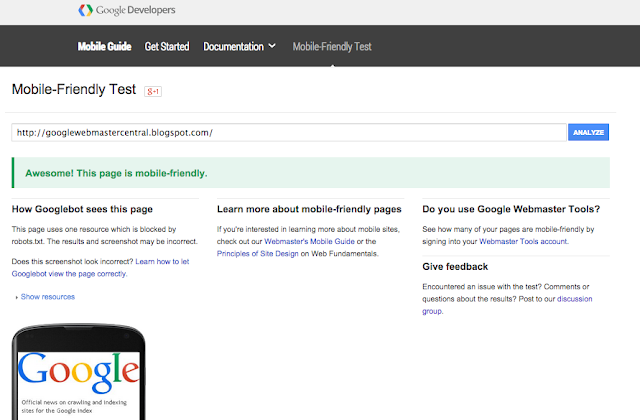In five minutes or less, keep track of the most important news of the week, curated just for you. We present to you hand – picked news on latest industry perspectives and some general updates. Read on!!
HITEC: Industry must think holistically about tech
A panel of top-level executives speaking at the Hospitality Industry Technology Exposition & Conference said the hotel industry has to adopt more broad technology solutions that work together.
http://www.hotelnewsnow.com/Articles/286985/HITEC-Industry-must-think-holistically-about-tech
Travelers losing interest in home-sharing, Google gaining ground as travel resource
For all the chatter of Airbnb stealing scene time away from hotels, traveler interest in home-sharing seems to be waning. According to MMGY Global’s Portrait of American Travelers study, which surveyed nearly 3,000 US adults that have taken at least one trip over the past 12 months, just 33% of respondents are interested in sharing economy accommodations, down from 41% in 2017 and 37% in 2016.
https://www.phocuswire.com/MMGY-Global-portrait-of-american-travelers-2018
How strategic use of technology drives guest loyalty and hotel revenue
Technology is creating new opportunities and challenges for hospitality brands, and the ones that use it effectively will be rewarded with a loyal following of guests and, ultimately, more profits.
https://www.phocuswire.com/HITEC-CEO-technology-panel
Google: Travel’s closely watched obsession
Google’s entry into metasearch may be more than half a decade old, but it continues to be a closely watched obsession for the travel industry. Since the very beginning, Phocuswright has carefully tracked the evolution of Google travel products and their growing role in travel’s search-shop-buy funnel.
https://www.phocuswire.com/Google-travel-obsession
How hotel managers can generate profits above and beyond owner’s expectations
There is a lot happening in 2018 that hotel owners should be happy about. After the best Q1 on record earlier this year, it is shaping up to be another stellar year in hospitality with demand (2.4%) outweighing supply (2%); occupancy increasing by 0.4%; ADRs growing by 2.6%; and RevPAR increasing by 3% (STR, PWC).
https://www.hebsdigital.com/blog/hotel-managers-generate-profits/
How RevPAR growth translates into profits
Hotel profitability is the primary measure of success for hotel owners, managers and operators. However, revenue and top-line data continue to be the focus of the industry.
One major reason for this is the availability of revenue-per-available-room data, which is directly linked to the success of STR at aggregating rooms revenue data across a substantial portion of the industry. Alternatively, profitability data is much more difficult to amass because hotel ownership and management groups are much more fragmented than hotel brands.
http://www.hotelnewsnow.com/Articles/286892/How-RevPAR-growth-translates-into-profits
Amazon’s latest focus on hotels comes via Alexa
Amazon is launching a new service for hotels to introduce its voice-controlled assistant Alexa for guests to use in their rooms. Alexa for Hospitality will allow hotel guests to make verbal requests through an Amazon Echo device, including room service, housekeeping and contacting the property’s concierge.
https://www.tnooz.com/article/amazon-hospitality-alexa-hotels/
Fake hotels becoming a massive issue for OTAs
The rise of fake hotels is a phenomenon that has left both consumers and online travel agents (OTAs) frustrated and out of pocket. And they’re becoming more sophisticated and believable too. In recent months, the travel industry has witnessed a tidal wave of fake chalet websites, with one website, Alps-stay.com, conning unsuspecting holiday-makers out of tens of thousands of euros.
http://travolution.com/articles/107814/guest-post-the-fake-hotels-phenomenon-targeting-otas
Connect with us for your connectivity needs to make the most of online revenue.
https://goo.gl/3gKUJZ
Thanks and have a good day!




